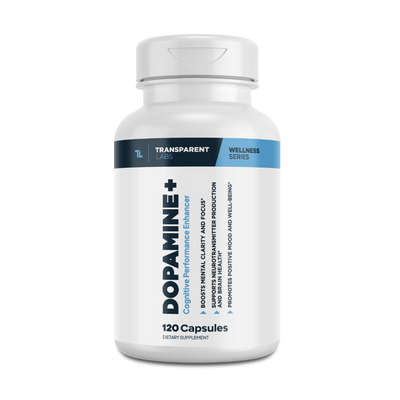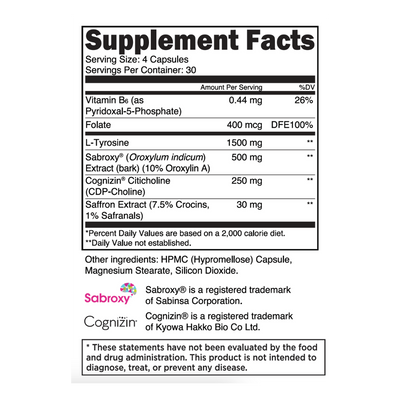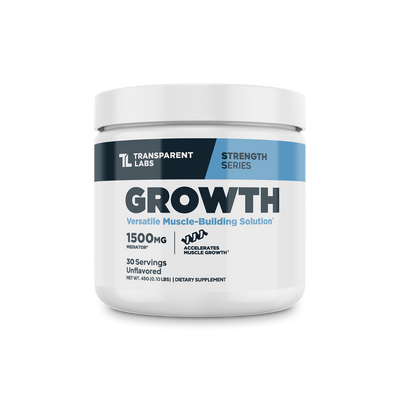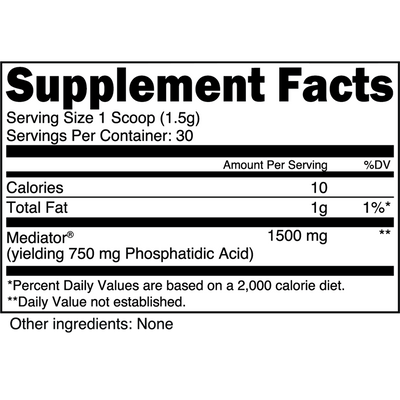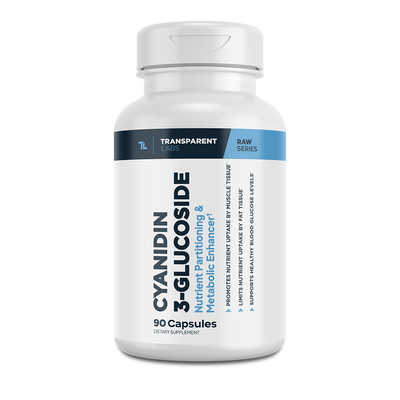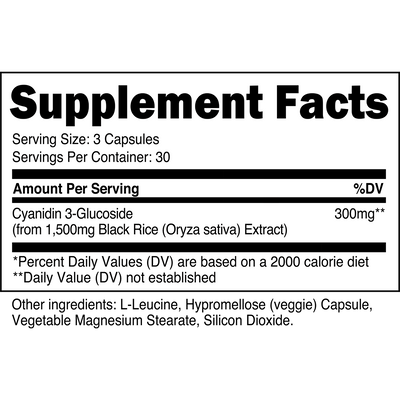Best Nootropic Stack for Memory and Brain Health
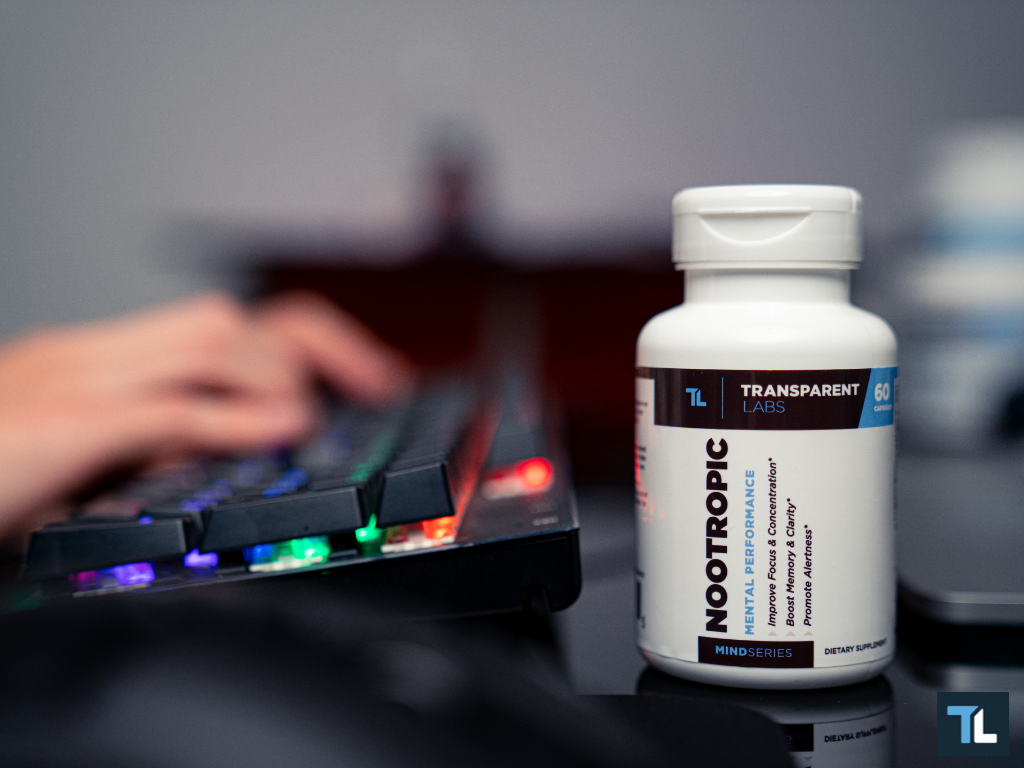
Do Memory Supplements Work to Prevent Cognitive Decline?
Do you remember why you clicked on the link to this article? If not, you came to the right place. (And if you do, well, that's a good sign!) We'll be covering the basics of memory and brain health to determine what the best nootropic stack is to help you stay sharp mentally.
Mild cognitive impairment is fairly common in aging adults, but in some cases, those forgetful moments we experience may become more frequent and overt. The timeless adage of "use it or lose it" seems apropos when it comes to brain function. The more you engage your critical thinking skills, the more "plastic" your brain becomes. So, grab a crossword puzzle or sudoku book and challenge your brain from time to time.
With that in mind (no pun intended), this article will briefly summarize how memory is formed and tie it into Alzheimer's disease. After that, you'll learn about the different "brain supplements" and "smart drugs" that support mental performance and cognitive function by bolstering pathways central to memory formation and recall.
The Abridged Pathophysiology of Alzheimer's Disease and Memory Loss
Before we jump into the hopes and promises of brain supplements, it's pertinent to grasp what causes cognitive impairment and the characteristic memory loss in conditions like Alzheimer's disease.
Alzheimer's disease, sometimes mistakenly referred to as "Alzheimer disease," is a form of cognitive dysfunction in which brain cells and their synapses (read: connections) gradually degrade and die. Consequently, patients with Alzheimer's disease experience memory loss and perpetual cognitive decline. A hallmark of Alzheimer's disease is forgetfulness.
The memory problems associated with Alzheimer's disease reflect a loss of long-term potentiation, which is the process by which two neurons form stronger synapses based on their patterns of activity. Naturally, long-term potentiation is integral to memory formation and recall (i.e. learning).
Acetylcholine is a critical neurotransmitter in long-term potentiation, and therefore memory and cognitive function [1]. More simply, acetylcholine is the veritable gatekeeper of short-term memory formation and subsequent conversion to long-term memory in the hippocampus [2]. Hence, (acetyl)cholinesterase inhibitors are suggested to be beneficial for cognitive function and brain health since they reduce the breakdown of acetylcholine.
Intuitively, many health fanatics will take "brain supplements" — that claim to boost acetylcholine — with the hope of improving mental alertness, focus, and critical thinking skills. However, acetylcholine itself isn't necessarily the issue when it comes to memory and brain function as we grow older.
There's an insidious culprit of Alzheimer's disease known as amyloid-beta (Aβ), a protein fragment that forms plaques in the brain parenchyma (i.e. functional tissue), thereby perturbing neurotransmission and increasing inflammation [3]. What causes these plaques to develop as we age remains a bit of a biological mystery, but there are likely numerous risk factors involved.
A New Alzheimer's Drug Brings (False) Hope?

The new Alzheimer's drug aducanumab, approved by the Food and Drug Administration (FDA) in June of 2021, is a monoclonal antibody that explicitly targets amyloid-beta plaques. Until aducanumab was approved, there was an 18-year gap — dating back to 2003 when memantine HCl (Nameda) was approved — in new Alzheimer's treatments.
Memantine HCl is an acetylcholinesterase inhibitor that provides palliative benefits for Alzheimer's disease patients. By breaking down and clearing out amyloid-beta plaques, the hope for aducanumab is that it would be a curative agent that reverses the symptoms of cognitive impairment. But the scientific community isn't exactly celebrating the aducanumab approval as a momentous occasion just yet.
New hypotheses highlight the controversy over using Aβ plaques as a gold-standard biomarker for assessing the efficacy of Alzheimer's disease drugs. One expert argues that the study of Aβ plaque-removing biologics like aducanumab is a waste of time and money since there is no compelling evidence that this mechanism leads to improved cognitive functions and quality of life in Alzheimer's disease patients [4].
Perhaps we've been focusing on the wrong etiological and pathogenic factors contributing to cognitive impairment and memory loss? Current insights into the pathophysiology of Alzheimer's disease may hint at a paradigm shift in how we treat the condition and how brain health supplements (i.e. nootropics) can help enhance memory and cognitive function.
Can You Slow Cognitive Decline by Taking Memory Supplements?
Formative Alzheimer's disease research draws attention to amyloid-beta oligomers (AβOs), a group of abnormal protein-derived molecules with neurotoxic implications [5]. These molecules are elevated in the cerebrospinal fluid (CSF) of patients with Alzheimer's disease, dementia, and Parkinson's disease.
Scientific evidence suggests that rodents and other animals with the Osaka familial Alzheimer's disease mutation have few senile Aβ plaques and low levels of Aβ peptides in their CSF. Yet, CSF AβOs are elevated, and they exhibit severe cognitive impairment [6]. These findings signify that AβOs, not Aβ plaques, are putative instigators of Alzheimer's disease. (Though, Aβ plaques may compound the issue by serving as reservoirs of toxic AβOs.)
In contrast to fibrillar Aβ-40 and Aβ-42, which are two major isoforms of amyloid-beta peptides found in neuritic plaques, AβOs are soluble and appear to have numerous extracellular and intracellular mechanisms of toxicity. For example, AβOs may contribute to Alzheimer's disease by perturbing autophagy and, by extension, proteostasis [7]. Taken together with the evidence that dystrophic neurites (read: abnormal neurons) in Alzheimer's disease models display profuse autophagic vacuoles in their axons and presynaptic terminals, it seems prudent to explore this route further [8]. Drugs and dietary supplements that target autophagic pathways could be quite helpful for enhancing memory and cognitive health.
Nerdy jargon aside, what does all the above mean in the context of brain health supplements? Well, dietary supplements may combat risk factors of neurodegenerative diseases, such as the aforementioned AβOs, and potentiate synaptic plasticity.
Nootropic Stack to Support Brain Health and Cognitive Function
In the same vein as memantine HCl, several dietary supplements also bolster acetylcholine transmission by either blocking acetylcholinesterase or providing the precursors for acetylcholine synthesis. Relevant examples include citicoline (CDP-choline), huperzine-A, and caffeine [9, 10, 11]. In fact, a recent research review contends that huperzine-A, a constituent of the Chinese folk medicine Huperzia serrata, is a good therapeutic candidate for Alzheimer's disease [12]. These natural nootropics may help boost memory and improve cognitive function, particularly in acute fashions.
To complement the acute benefits of CDP-choline, huperzine-A, and caffeine, NeuroFactor™ coffeeberry extract is a trademarked supplement ingredient that can support long-term potentiation by increasing endogenous brain-derived neurotrophic factor (BDNF) [13]. Studies have found that hippocampal BDNF production is relatively low in Alzheimer's disease patients, and this is thought to be caused by amyloid-beta-dependent neurotoxicity [14].
Seminal evidence suggests that herbal dietary supplements like Panax ginseng and Ginkgo biloba can also promote neuroprotection and ameliorate cognitive dysfunction by increasing BDNF levels in the hippocampus [15]. While more research is necessary, the preliminary data is encouraging and will likely pave a path forward in natural brain health treatments.
A Healthy Lifestyle = A Healthy Brain
Brain health supplements can only do so much. Improving memory starts with a healthy diet and staying physically active. Without these crucial components, taking supplements will likely lead to underwhelming results.
It's prudent to ingest nutrients that support neuronal membrane integrity and function, such as omega-3 fatty acids found in fish oil and krill oil supplements [16]. B vitamins like folic acid and niacin are also important micronutrients for cognitive function. (However, you don't necessarily need high doses of B vitamins for optimal brain health.)
And to no surprise, diligent exercise is well-known to enhance cognitive health and lower the risk of myriad diseases [17]. Move your body more and your brain will thank you.
On that note, be sure to check out this Guide to the Best Brain Foods for more tips!




